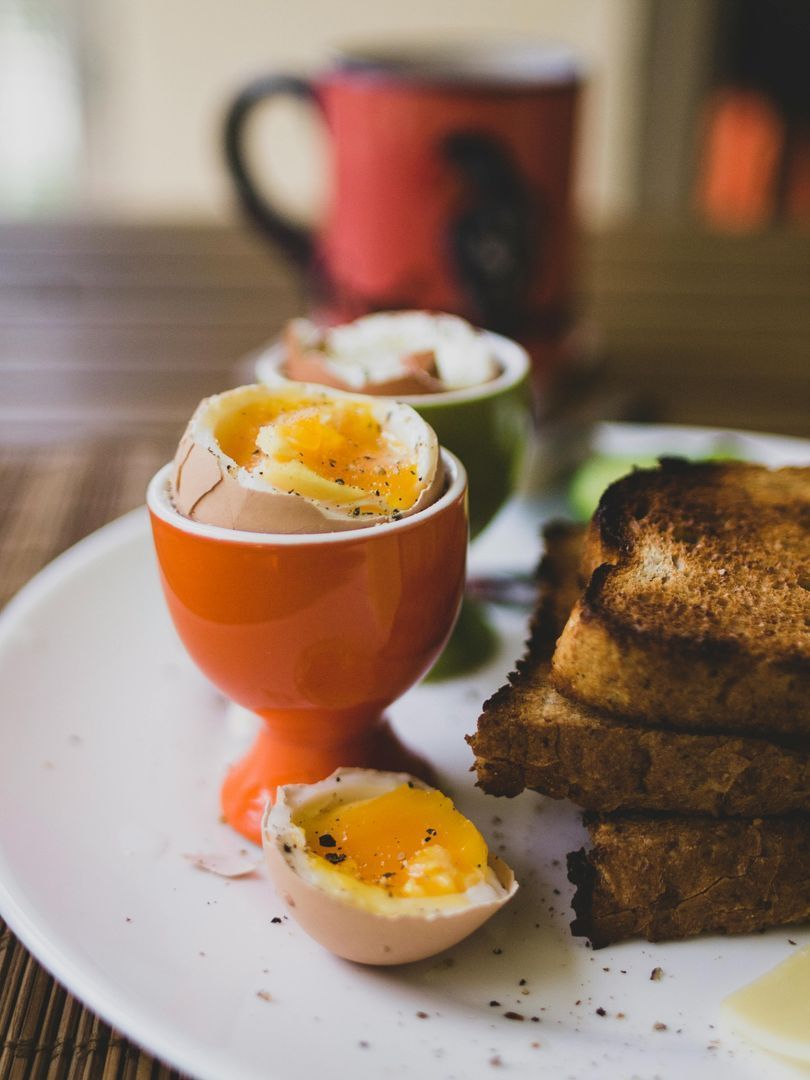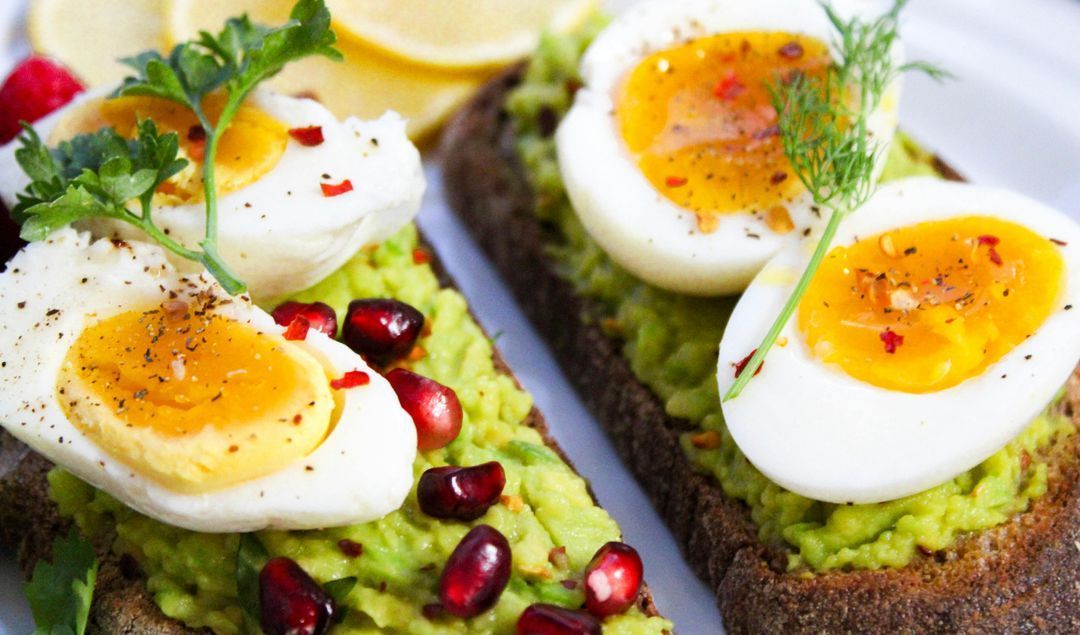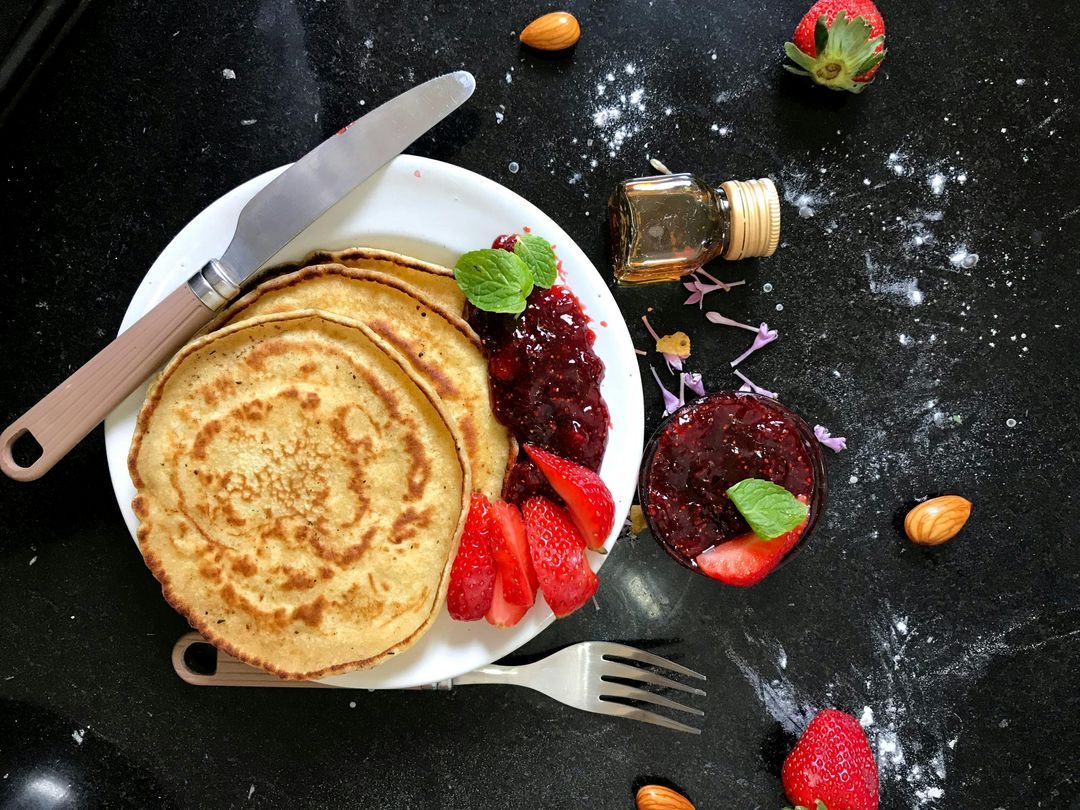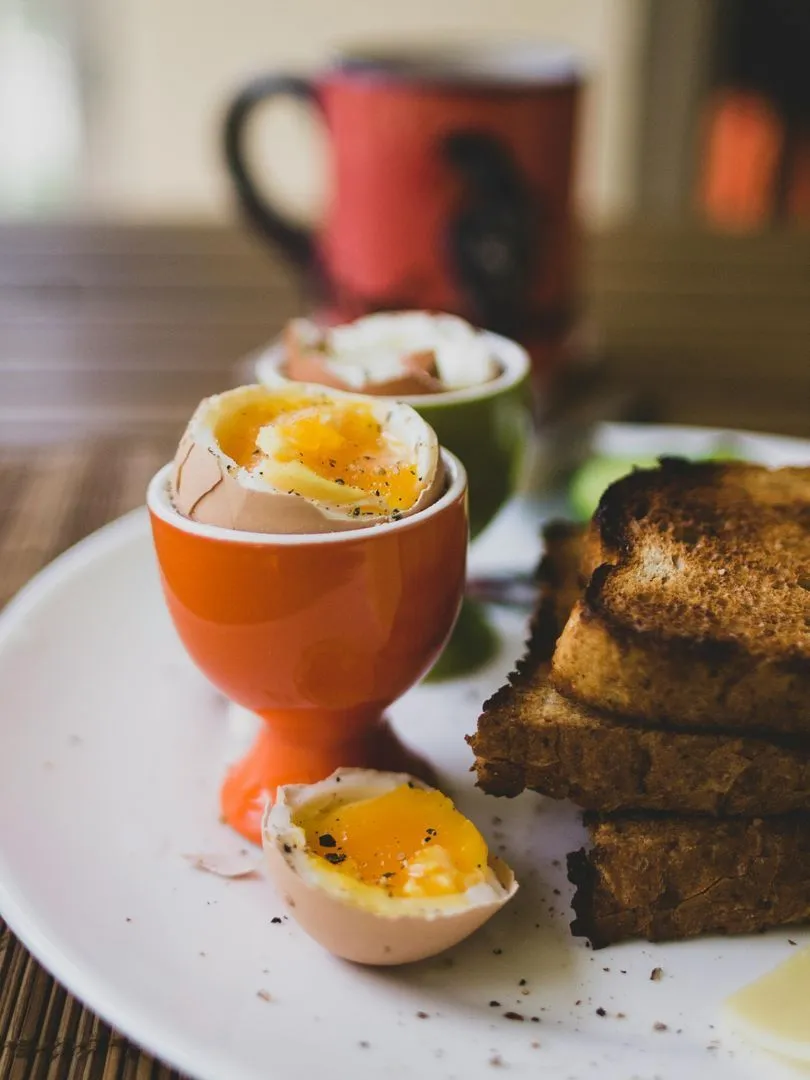Breakfast: healthy habit or modern obsession?

What science (and psychology) says about our most idealized morning ritual
Every morning, millions of people around the world wake up with a specific goal: to have “the perfect breakfast” .
But when does a healthy habit stop doing us good and become a form of control ?
Today, breakfast is much more than a meal: its a symbol of discipline, self-control, and personal identity . But beware: the line between well-being and obsession is thin.
A cup of identity

Giorgia, 33, lives in Milan. She wakes up every day at 6:45 a.m. to prepare her ritual breakfast: oatmeal with Greek yogurt, honey, berries, and matcha latte.
“It calms me down. Its my Zen moment. If I cant do it the way I want, I feel out of place.”
Luca, 28, follows intermittent fasting and always skips breakfast.
I feel clearer, lighter. But they judge me: it seems like skipping breakfast is a social sin.
Two opposing styles. But in both cases, breakfast has become something that goes beyond nutrition. Its a routine, but also a declaration of intent .
When the ritual becomes rigid
Eating routines can be very positive for mental well-being : they offer predictability, reduce decision-making stress, and help regulate mood.
👉 However, according to American clinical psychologist Rachel Goldman ( NYU School of Medicine ),
When a habit is so rigid that it causes anxiety, stress, or guilt if broken, then it could be a symptom of a dysfunctional relationship with food.
📌 In practice, a healthy breakfast is not the one that is always perfect , but the one that adapts to the person and the day.
According to some studies

A study published in BMJ (2019) analyzed several randomized trials and concluded that breakfast has no demonstrable effect on weight loss , dispelling the myth that it is “mandatory”.
According to an analysis in the American Journal of Clinical Nutrition (2014), skipping breakfast does not negatively impact metabolism in most subjects .
However, eating in the morning may better regulate appetite throughout the day, especially in those who tend to engage in emotional eating ( Frontiers in Psychology, 2017 ).
👉 This means that the value of breakfast depends a lot on the psychological and metabolic profile of the person .
www.bmj.comHabit or obsession?
The best advice? Personalize, dont idealize.
If breakfast is good for you, physically and mentally, then yes: it becomes a useful ritual.
But it is not a magic formula for success, nor a contest of virtue.
📌 Leave room for imperfection too: a croissant from the bar can be just as rewarding as homemade porridge— it depends on the context and your emotional state.
- Breakfast has become a cultural and psychological symbol.
- It is not mandatory: it depends on individual needs.
- Routine = well-being | Obsession = rigidity and anxiety.
- The secret lies in conscious food freedom .
#healthybreakfast #morningrituals #foodpsychology #mindfuleating #healthyhabits #intuitiveeating #perfectbreakfast #balancedfood

flavio_campaniolo
Data di inserimento 09 giu 2025
Report article


Comments
There are no comments yet.